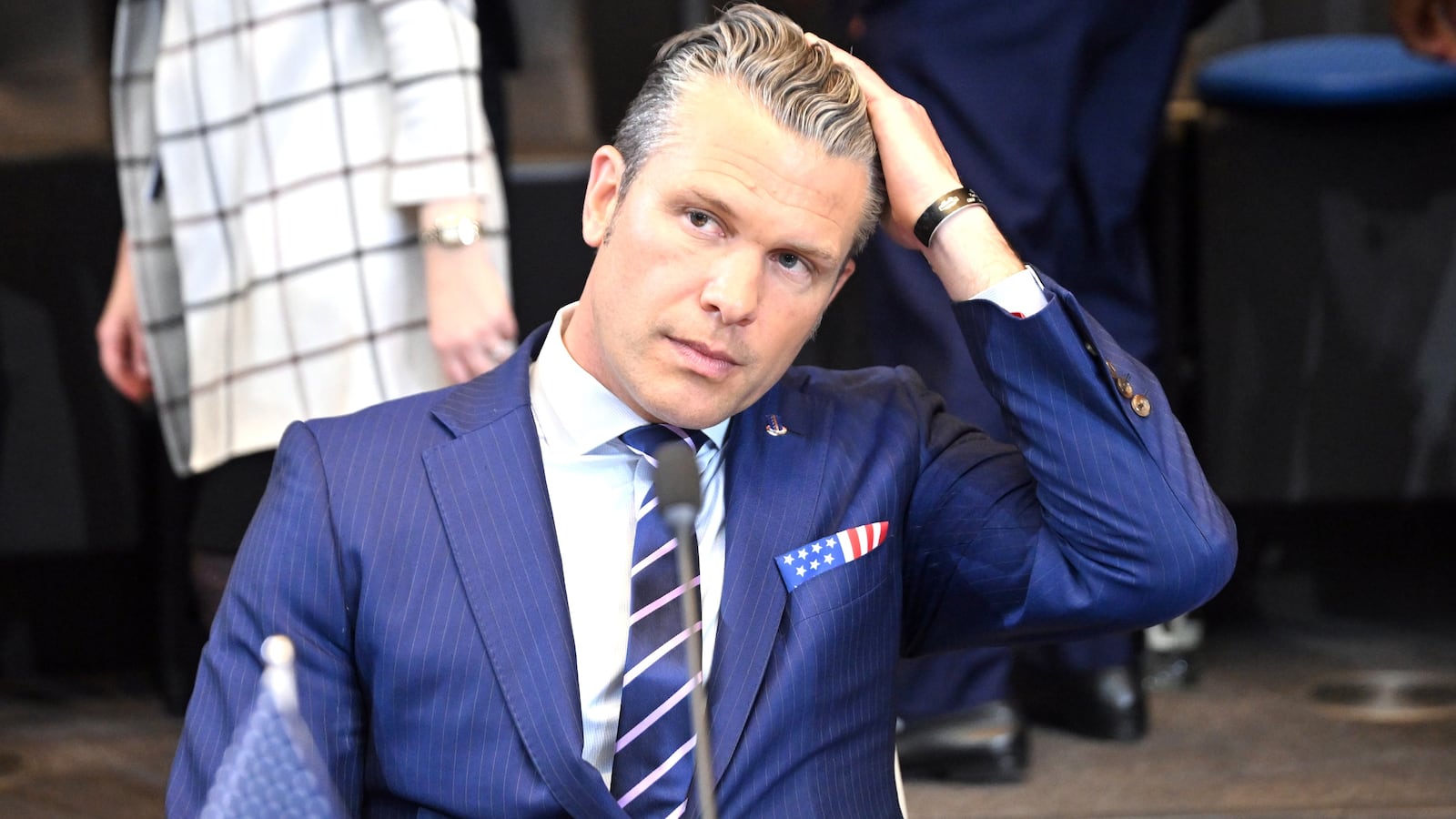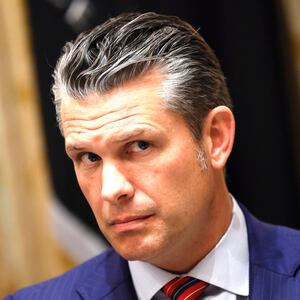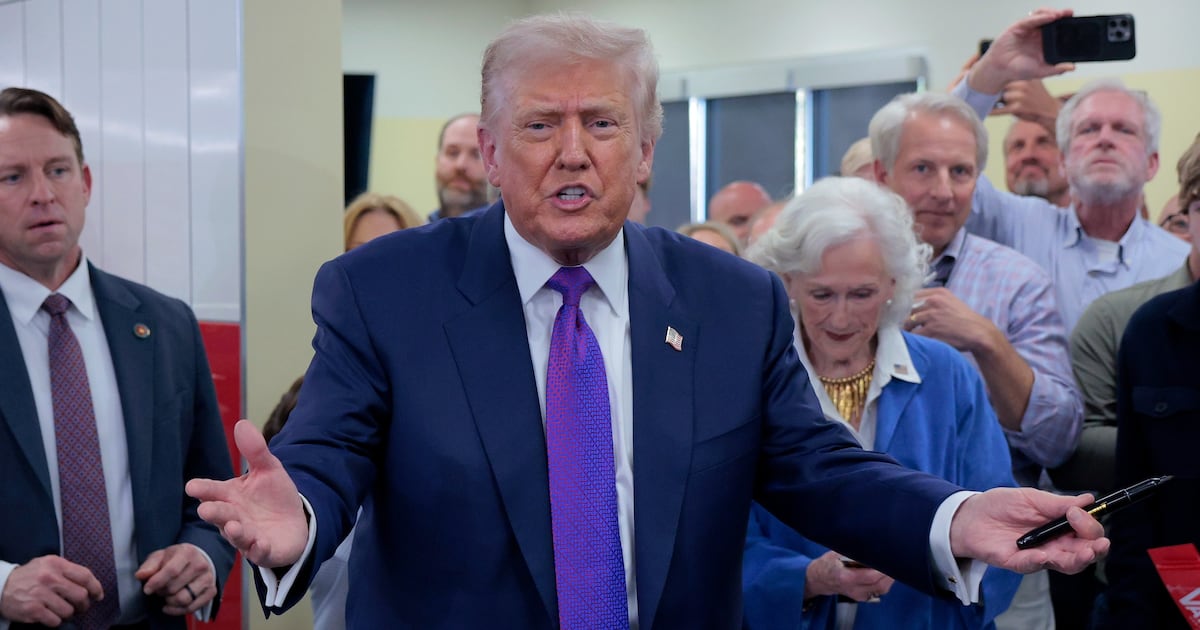Pete Hegseth is tightening his grip on the flow of information coming out of the Pentagon.
In a new memo, the Secretary of Defense has banned personnel from speaking to Congress unless they have approval first. Hegseth and Deputy Defense Secretary Steve Feinberg outlined the changes in the staff memo dated October 15, as reported by Breaking Defense.
Officials, including the secretaries of the Army, Navy, and Air Force, as well as the Joint Chiefs of Staff, are now required to report to the office of the assistant secretary of defense for legislative affairs to coordinate an approved response.
“The Department of War (DoW) relies on a collaborative and close partnership with Congress to achieve our legislative goals,” the memo starts, using the Trump administration’s latest rebrand of the Defense Department.

“This requires coordination and alignment of Department messaging when engaging with Congress to ensure consistency and support for the Department’s priorities to re-establish deterrence, rebuild our military, and revive the warrior ethos.”
The memo also states that “unauthorized engagements with Congress by DoW personnel acting in their official capacity, no matter how well-intentioned, may undermine Department-wide priorities critical to achieving our legislative objectives.”
Chief Pentagon Spokesman Sean Parnell told the Daily Beast the memo is a “pragmatic step” to internally review the Department’s processes for communicating with Congress.
“The Department intends to improve accuracy and responsiveness in communicating with the Congress to facilitate increased transparency,” Parnell said. “This review is for processes internal to the Department and does not change how or from whom Congress receives information.”

The Daily Beast has contacted Hegseth’s office for comment.
Previously, the military services and other Defense Department agencies were able to interact with Congress on their own terms.
Hegseth and Feinberg have also commissioned a review of the department’s interactions with Congress to “streamline activities” and “enhance compliance.”
The changes come as Hegseth’s war on the media saw dozens of journalists refuse to sign a new Department of Defense policy that would restrict reporting on the Pentagon.
“Today, the Defense Department confiscated the badges of the Pentagon reporters from virtually every major media organization in America,” said the Pentagon Press Association in a statement last week.

“It did this because reporters would not sign onto a new media policy over its implicit threat of criminalizing national security reporting and exposing those who sign it to potential prosecution.”
The Pentagon has also limited media briefings and even speaking engagements as they aim to control media leaks. A memo issued by Hegseth last month spoke of an “enhanced framework for participating in external engagements.”
Hegseth was sworn into his current role on January 25. In March Jeffrey Goldberg, editor of The Atlantic, published in full the group chat held on encrypted messaging app Signal where Hegseth included him on a highly-sensitive discussion of impending air strikes in Yemen.
“Nobody was texting war plans. And that’s all I have to say about that,” Hegseth said.








